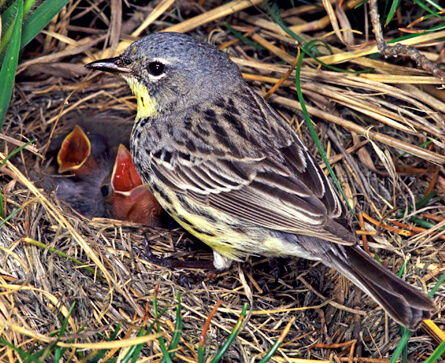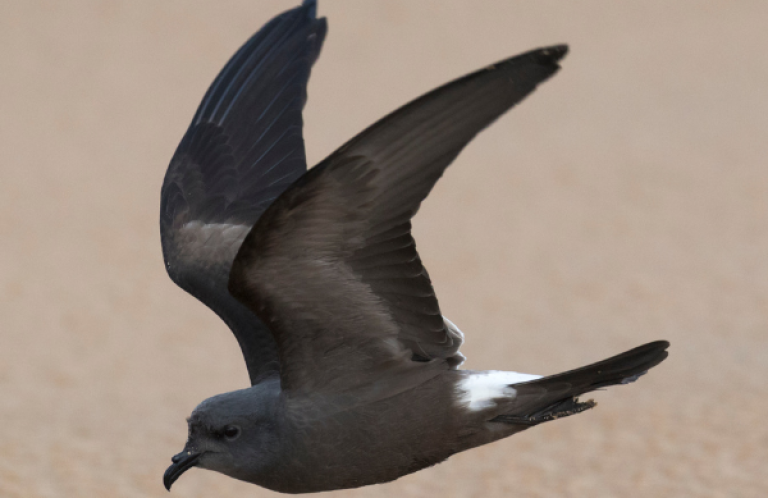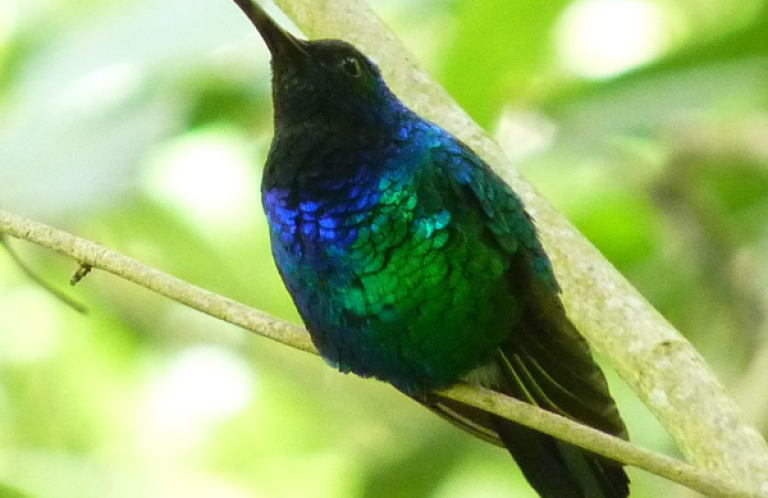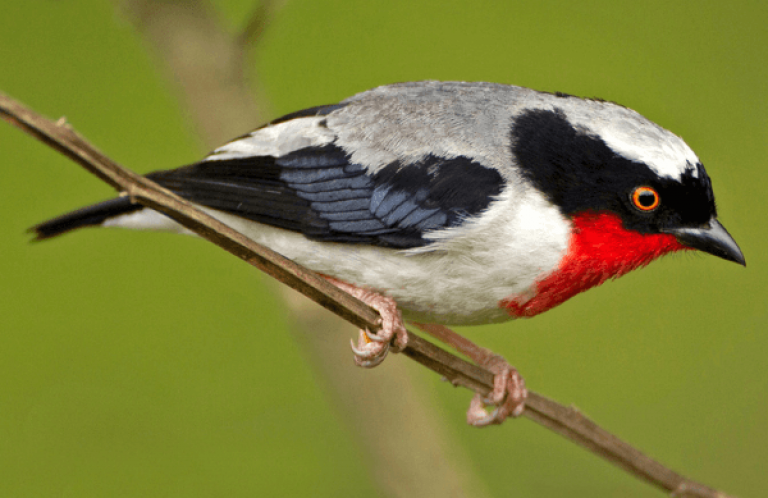House Bill is Worst Government Assault on Birds and Wildlife in a Generation, Says Bird Conservation Group
MEDIA RELEASE
Contact: Robert Johns, 202-234-7181 ext.210,
 |
Endangered Kirtland's Warbler is one of many migratory birds that will be negativly impacted if bill H.R. 2584 passes. Photo: Kirtland's Warbler and chicks, Ron Austing |
(Washington, D.C.,
“The bill is loaded with devastating funding cuts and anti-environmental provisions that will wreak havoc on our land, water, air, and wildlife,” says Darin Schroeder, Vice President of Conservation Advocacy for ABC. “Birds will be particularly hard hit by this bill.”
Examples of programs targeted by the bill:
- The Neotropical Migratory Bird Conservation Act, the only federal U.S. grants program specifically dedicated to the conservation of our migratory birds throughout the Americas, will be completely eliminated.
- State Wildlife Grants, the nation’s core program for preventing birds and wildlife from becoming endangered in addition to supporting strategic conservation investments in every state and territory has been reduced by over 64%.
- The North American Wetlands Conservation Act, which provides funding for conservation projects that benefit wetland birds, has been reduced by over 40%.
- The Endangered Species Act would be effectively gutted by preventing the U.S. Fish & Wildlife Service (FWS) from spending any money on new listings or habitat protection.
- Language that blocks measures to protect imperiled species from harmful pesticides. This amendment prohibits the U.S. Environmental Protection Agency from implementing any measures recommended by federal wildlife experts to protect endangered species from pesticides. This spells disaster for species that are already on the brink of extinction due to pesticides and other threats.
“These programs are crucial to maintaining healthy and abundant bird populations throughout the United States, and have proven track records of success,” Schroeder said.
Funding for the Neotropical Migratory Bird Conservation Act grants program is crucial because it is the only federal U.S. grants program specifically dedicated to the conservation of migratory birds throughout the Americas. It has advanced conservation for many declining species, such as the Cerulean Warbler, as well as other birds that American see in their backyards.
The State and Tribal Wildlife Grants program was created to assist states with their voluntary efforts to protect the more than 12,000 at-risk wildlife species around the United States from becoming endangered. The program leverages more than $100 million per year in state, tribal, local, and private dollars that directly support jobs in virtually all states. Slashing funding for this program also undermines the federal government’s ten year investment in State Wildlife Action Plans.
The North American Wetlands Conservation Act has leveraged over $2 billion in matching funds affecting 20 million acres through the work of more than 4,000 partners and has fostered public and private sector cooperation for migratory bird conservation, flood control, erosion control, and water quality. Every dollar of money invested in the program has been matched by an average of 3.2 dollars from non-federal entities.
"Congress should be highlighting these programs as models of successful government initiatives instead of eliminating and drastically reducing them,” he said.
A report by The Outdoor Industry Foundation estimated that bird watching and other wildlife viewing contributes $43 billion annually to the U.S. economy. An estimated 66 million Americans participate in wildlife viewing, which supports nearly half a million jobs and generates $2.7 billion annually state and federal tax receipts.
ABC also opposes the “Extinction Rider” which guts the Endangered Species Act by preventing the FWS from spending any money to list a new species, upgrade the status of any listed species from threatened to endangered, designate Critical Habitat that is vital to a species’ survival, or to assist law enforcement to protect species. The “Pro-Pesticides Rider”, added by Representative Calvert (R-CA), blocks measures to protect imperiled species from harmful pesticides and is also opposed by ABC.
"If adopted, these provisions would derail the Endangered Species Act – a law that has led to the successful recovery of many of our nation’s most cherished species, including our nation’s symbol, the Bald Eagle, and the Whooping Crane,” he said.


















































